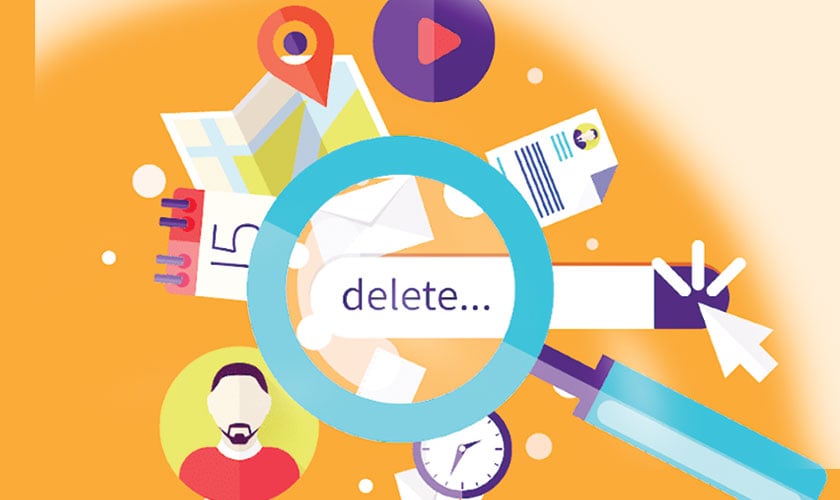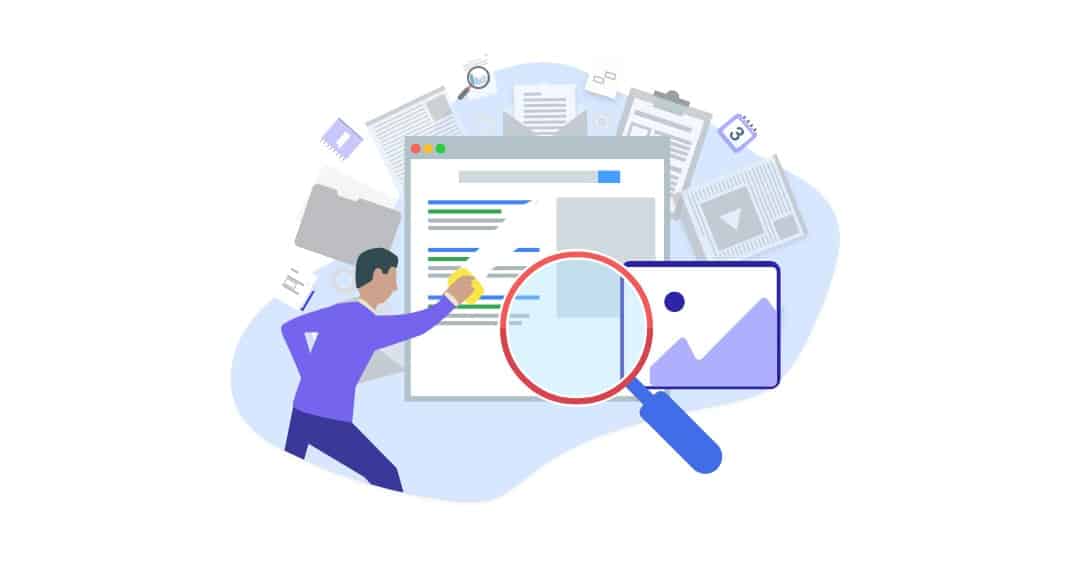How to Get Personal Information Off The Internet, but it’s also full of people who want to steal your identity. Here are some tips for how to protect yourself online. The data is readily available, but it’s hard to get at. You can spend days looking for the right websites or spend hours trying to crack passwords.
It’s important to know that you can get information from various sources. Most people already have much of their personal information on the internet. But you can use tools to make finding the information you want easier.
Internet privacy has become an increasingly hot topic lately. People are concerned about their personal information being shared online and how it may be used against them. There are several ways to protect yourself from this; many of these methods can be done without a degree in computer science.
The problem is, most people don’t know what to do or where to start. That’s why I created this article about the top methods to get personal information off the internet.
The Internet is a great place to learn about people and find information about them. It’s also a wonderful way to connect with others. However, this means that your personal information is easily accessible online.
For example, if you don’t pay attention to your privacy settings on social media platforms, you may have made them public. You may also have accidentally shared a picture of yourself that wasn’t meant to go anywhere else.
Fortunately, there are several ways you can hack someone online. If you know what you’re doing, you can get almost every piece of information about them.
This article will teach you how to get personal information off the internet. This is useful to ensure that someone has not stolen your identity.

Is it safe?
Nowadays, it’s impossible to know everything about someone, even if they don’t care if you know. It’s only a matter of time before they’ll show their hand, but the important thing to remember is that you can’t let anyone know.
That’s right, if you want to keep things private, you can’t be found out. It’s a simple concept, but one that’s easy to forget when you’re trying to earn money online.
In order to do that, you’ll need to do a little bit of research before you start. That way, when you do go ahead and get started, you’ll be able to cover your tracks, and nobody will ever know that you were ever there.
You may be surprised to learn that this is actually a problem that’s getting worse. But in my opinion, this is one of the biggest threats to the future of the web.
The first time I was caught by this kind of scam, I had no idea what to do. I was in a rush to buy a gift for my wife and didn’t think twice about it. I don’t think I even thought about it at all until the moment I opened the email.
I wasn’t the only one. Many people fell for this scam. Luckily, it was easy to identify and I know that once I got past the initial shock, I was able to fix it quickly.
What about privacy?
The internet is a big place. We usually mean the World Wide Web (WWW) when we talk about the internet. The WWW is just a part of the internet, but it’s the part you probably interact with daily.
The other parts of the internet are vast, and while they might not seem relevant to you, they are valuable resources. They include:
– Blogging
– File Sharing
You might have heard of the term “information harvesting” before, but what does it actually mean?
Information harvesting is when people look for personal information from the internet. They might look for names, addresses, email addresses, phone numbers, passwords, or other sensitive information that could be used against them.
But these people aren’t just looking for information. They are trying to gather as much information as they can.

What can be done to protect yourself?
As you may have noticed, the Internet contains personal information, including our names, birthdays, phone numbers, addresses, email addresses, and even Social Security numbers.
When we use the Internet, we often provide personal information, whether we realize it or not. This includes using websites, visiting social media sites, and completing surveys.
Personal information is important because it can be used to identify us and our personal preferences. Some people want their identity to remain private, while others like to share their information with others.
In this article, I’m going to teach you how to get personal information off the Internet.
When you think about it, it’s kind of amazing how much personal information we share with websites. We allow them to collect our contact information, follow us around the web, and even listen to us chat with other people.
This is why it’s important to consider what you want to do with your information. Do you want to give it away freely? Or do you want to keep it just for yourself?
The first thing you need to do is think about what information you would like to keep private. Then you need to decide what information you want to share with others.
Once you understand what you want to do, you can start building your own personal information collection platform.
Why does it matter?
That’s why I recommend taking steps to secure yourself online. This includes installing an anti-malware program and keeping your browser updated.
If you’re concerned about the information you’re providing online, you can use a service like Google Authenticator to help you keep track of your login details.
I would highly recommend using this method to avoid getting into trouble. I’ve seen too many people become the victim of identity theft just because they were careless.
The way that information is stored and processed online is constantly changing. But if you’re smart, you can stay ahead of the curve.
I think that there are some legitimate concerns about people selling your data. But I also think that you can protect yourself from this by being careful about how much information you give away.
The other thing you should know is that you’re not the only one that has this problem. In fact, the number of people trying to get your personal information has increased dramatically in recent years.
So if you’re concerned about this, you might want to consider blocking certain sites altogether. Of course, that’s up to you.

Frequently Asked Questions (FAQs)
Q: What do you do to protect yourself from identity theft?
A: I use my cell phone to login to my email account, and if someone gets access to my phone, they can gain access to my email account. So I am careful to make sure that my cell phone is secure. I also use a password manager to keep track of all of my passwords.
Q: What are the most common ways people steal your information?
A: There are many ways to steal personal information. Identity thieves often get your information through email or social media. They’ll ask you to provide your personal information over the phone. When you sign in to a website, you may receive an email that has a link to reset your password. This could allow someone who stole your email address to login as you.
Q: What should I do when I get personal information off the Internet?
A: The best thing to do is to immediately go on to the Internet website and report it to them. They will help you take down the website and find out who posted the information.
Q: What if I can’t report it?
A: If you are unable to report the personal information, then you should try to find out where it came from. Find out what you can about the person who has it. If the person has done something illegal, then contact the police. If they are someone you know, or if you don’t know who they are, then contact the person directly to let them know that someone is trying to steal their identity.
Q: Do I need a lawyer?
A: A lawyer can give you advice about what you should do if you are not sure what to do.
Myths About Internet
1. A person’s social security number should be their birth date.
2. Social security numbers are easy to steal.
3. You need a computer to obtain your social security number.
Conclusion
Personal information is data about you that is easily accessible online. This data is often used to target ads, send spam, and steal personal information from your accounts.
There are many different ways to get personal information off the Internet. Some of them are much more effective than others.
For example, if you register for an account at a particular website, you are giving that website permission to share your personal information with third parties.
But if you only sign up for a website to read their articles, you aren’t giving them access to your personal information.
If you want to get off of the grid, you might want to consider setting up an anonymous email address and using it for your everyday correspondence.
If you’re looking to start a new career, I recommend checking out one of the many jobs on Upwork. They offer a wide variety of different work and you can set your own hours and conditions.
You can also use tools like PGP (Pretty Good Privacy) to encrypt messages so only the people you send them to can read them.







